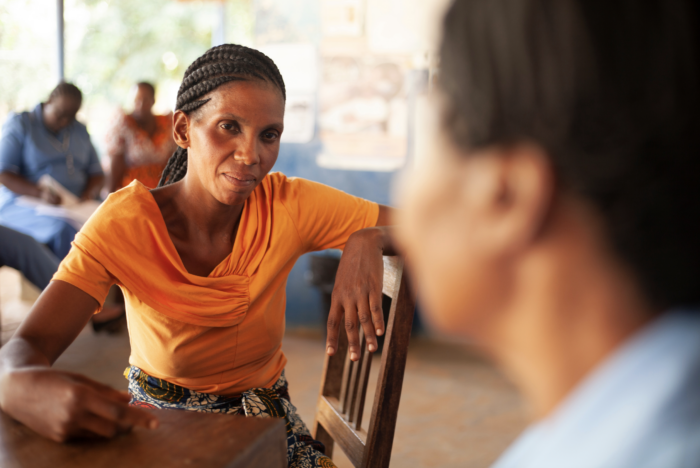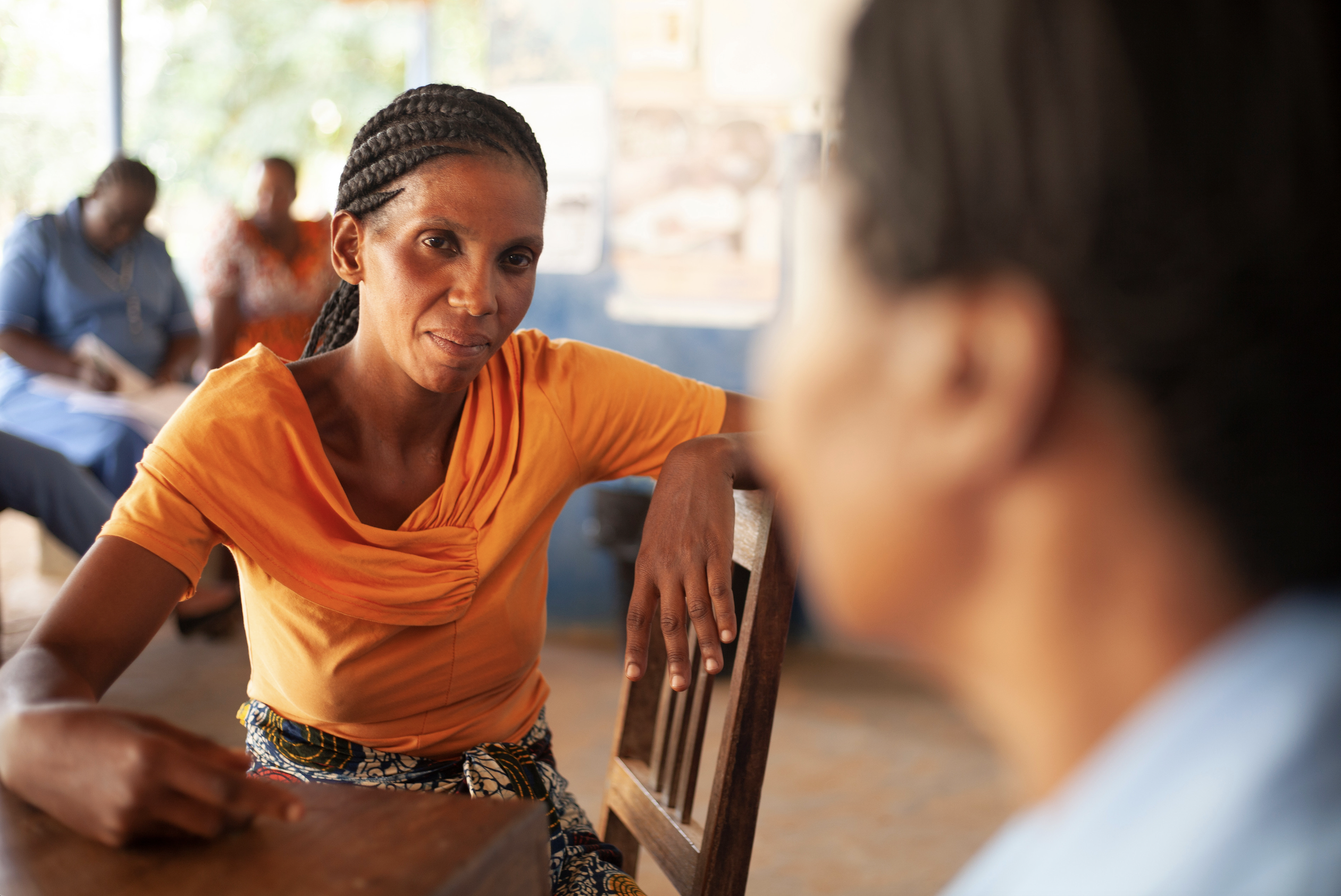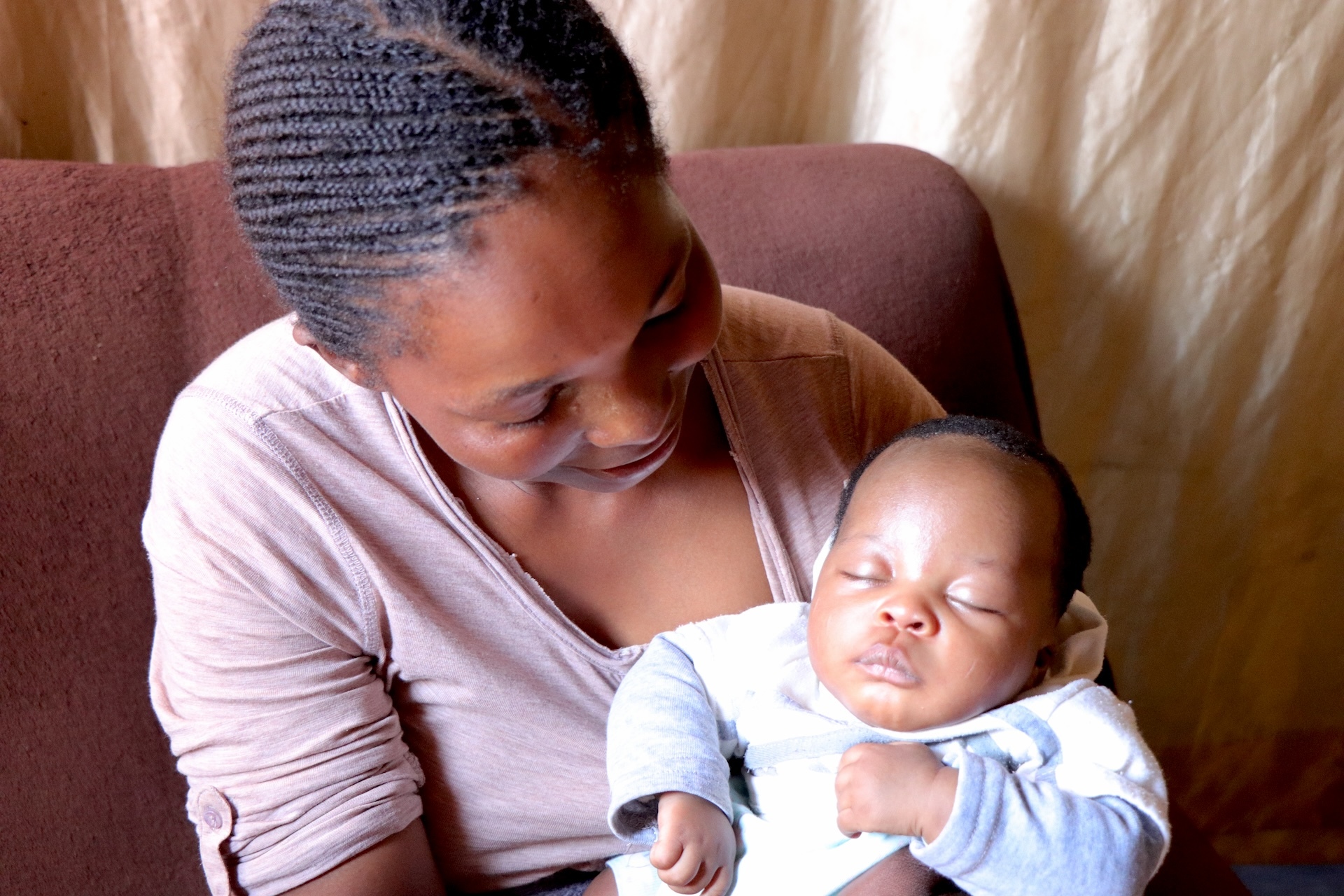
“The consequences for some family planning myths can be disastrous,” says Marcelina Mpandachalo, the Reproductive and Child Health Coordinator for Tabora, a region in northwest Tanzania.
Tanzania has a strong legal framework for providing family planning services and has scaled up and strengthened access to contraceptives, but some barriers persist regarding widespread access. As a community ambassador for family planning services in Tabora, Theresia Mgulu combats myths and taboos as a primary aspect of her volunteer job.
“Some community members believe that contraceptives can cause infertility or cancer,” Mgulu says. “Others claim that locally produced traditional medicines can be used as alternatives to family planning contraceptive methods.”
As a community ambassador, Mgulu’s mission is to advocate for women to uptake family planning services for safer conception provided at the supported health facilities. Beyond combatting myths about contraceptives, Mgulu also meets women who choose to have children because they believe that it will improve their relationship with their male partners. With access to family planning resources, women can start families if and when it makes sense for them.
A wife and a mother of four children, Mgulu is, herself, a beneficiary of family planning services at Tabora Referral Hospital, a facility supported by USAID. When Mgulu gave birth to her first and second children—just one year apart—she was not aware of the family planning services.
“Life was stressful because I had no livelihood,” says Mgulu. “My health as well as that of my two children was deteriorating fast.”
Mgulu began farming to supplement the meager income from her husband, but it was still a challenge to make ends meet. After Mgulu had given birth to her third child, healthcare workers explained to her the benefits of family planning services.
“I thought this was a solution to the health and economic challenges that I was going through after the birth of my children,” says Mgulu.
Their fourth child came at a time when they had planned—four years later—and this has helped them to be a happier and healthier family.
Because of the education and assistance delivered by health workers, Mgulu was able to successfully implement family planning with her partner. It was important for the couple to understand the benefits and to address common misunderstandings.
Family planning interventions must be thoughtfully implemented and prioritize women’s needs and safety. Between the myths, religious beliefs, and the diversity of contexts and needs, offerings of family planning must be coupled with education and agency.
“Some women who opted for family planning services without the consent of their partners have been assaulted by their partners,” Mpandachalo says.
USAID-funded projects have further integrated child immunization with family planning in the region so family planning services are also offered to women and men during vaccination days. This improves accessibility and public awareness of family planning.
“I am determined to see that I play a role in addressing these myths and have volunteered to be an ambassador to the project,” Mgulu says. Since becoming an ambassador, Mgulu has supported more than twenty women who wanted to use family planning services.
“I will continue to raise awareness to my community and will ensure that my community benefits from the family planning services offered at this facility.”
Mgulu is just one out of more than 1.6 million clients in Tabora who have benefited from family planning services since 2017, which has been supported by USAID through EGPAF.




